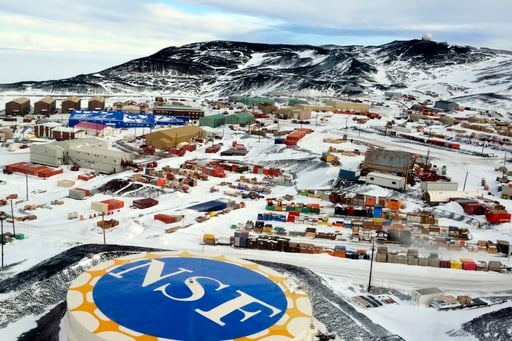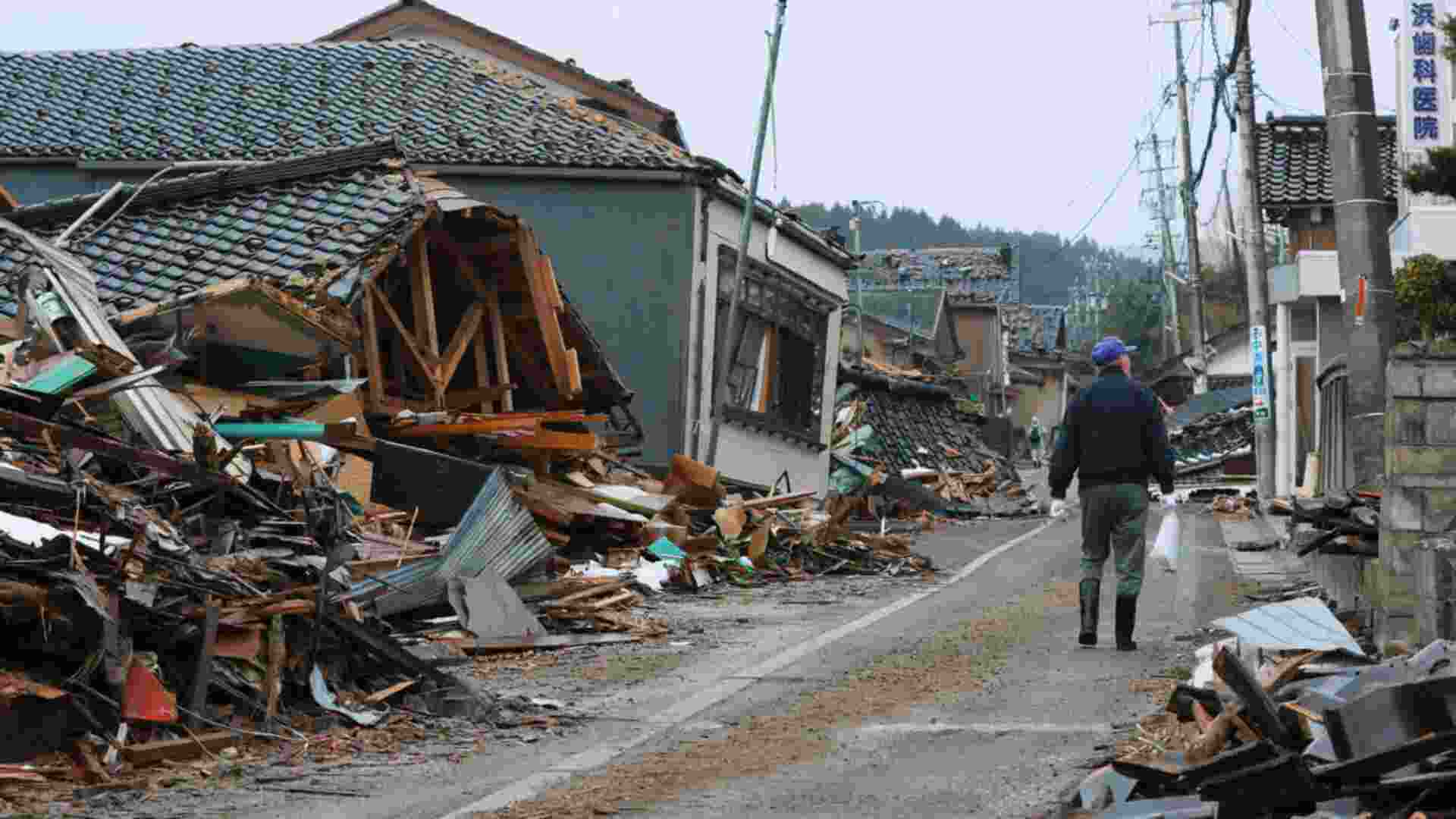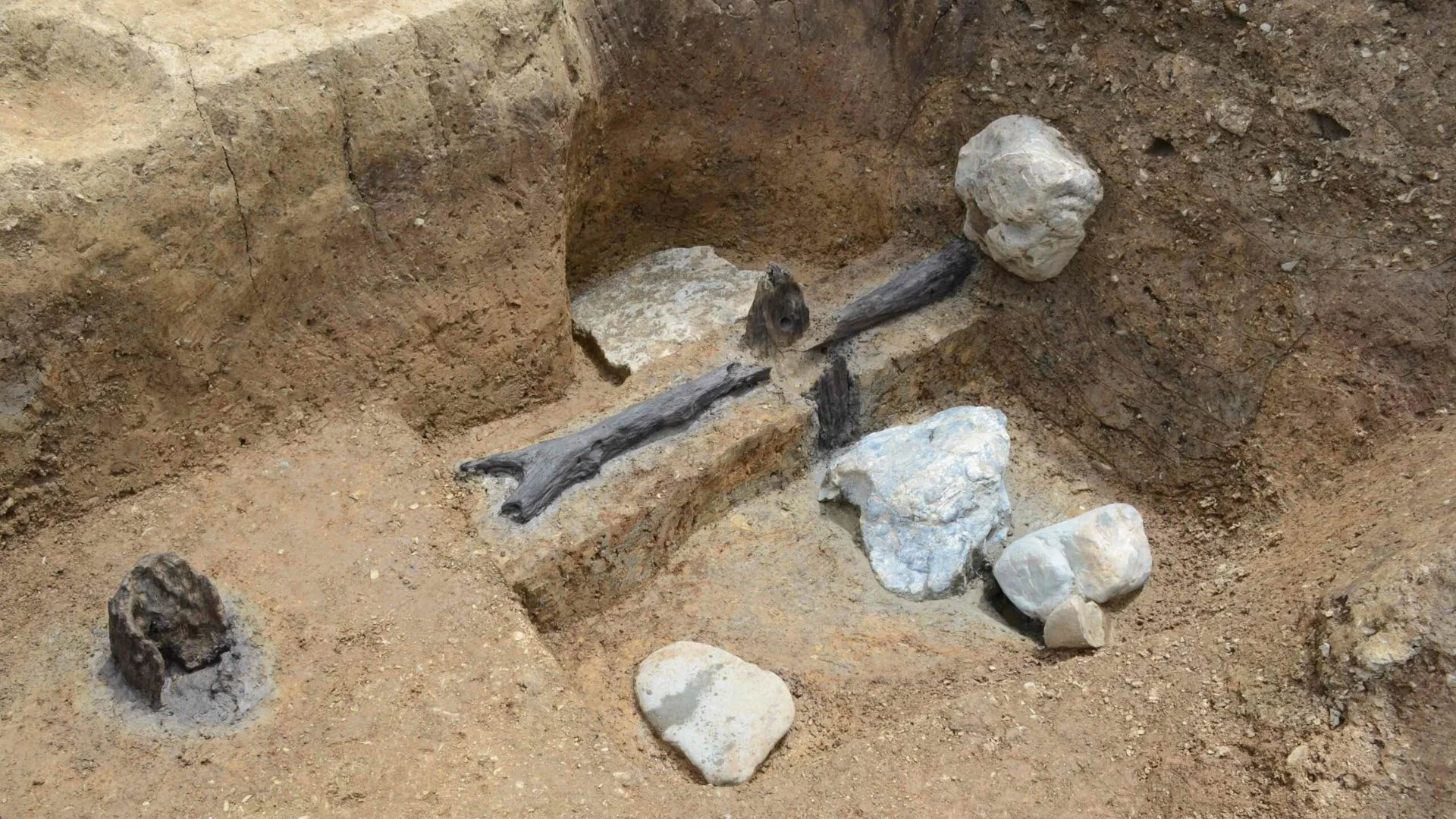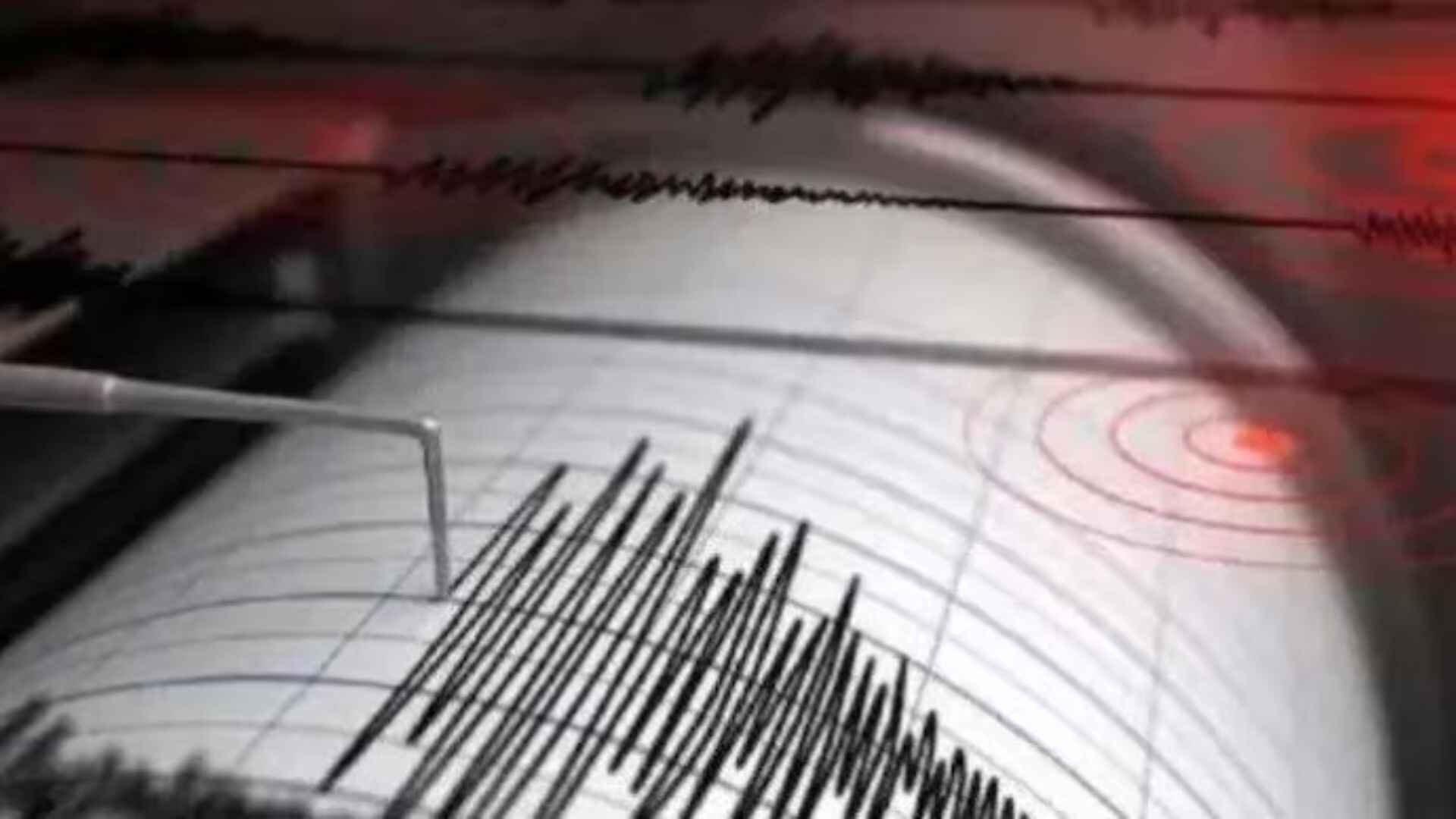From Sunday, workers at the main United States base in Antarctica will no longer be able to walk into a bar and order a beer, after the federal agency that oversees the research programme decided to stop serving alcohol.
McMurdo Station will not be going entirely dry, the National Science Foundation confirmed. Researchers and support staff will still be able to buy a weekly ration of alcohol from the station store. But the policy shift could prove significant because the bars have been central to social life in the isolated environment.
Amid concerns of unchecked sexual misconduct at McMurdo, changes have been introduced. A recent Associated Press investigation revealed a pattern where harassment and assault claims were downplayed, placing individuals at continued risk, sometimes exacerbated by alcohol. However, the National Science Foundation (NSF) clarified that the alcohol-related changes were focused on base morale and welfare rather than directly addressing sexual harassment or assault prevention.
Under the new rules taking effect Sunday, workers will be able to order only alcohol-free drinks at McMurdo’s two main bars, Southern Exposure and Gallagher’s. They will still be able to bring their own alcohol to drink at the bars. The current alcohol ration allows Antarctic workers to buy up to the equivalent of 18 beers each week, or three bottles of wine, or a 750 millilitre (25 ounce) bottle of spirits. The NSF said it’s also instituting several new measures during the current southern hemisphere spring and upcoming summer that are aimed at preventing sexual harassment and assault at the base, where typically around 70 per cent of workers are men. These include enhanced training, a new survey to collect data and monitor trends, and visits to the ice from experts.
Karen Marrongelle, the NSF’s chief operating officer, said it was committed to ensuring a safe environment wherever science or education was conducted.
“We will not rest until we are confident that every member of the Antarctic community feels safe and supported,” she said in a statement.
The NSF published a report in 2022 in which 59 per cent of women said they’d experienced harassment or assault while on the ice, and 72 per cent of women said such behaviour was a problem in Antarctica. Last year, the NSF created an office to deal with such complaints, provided a confidential victim’s advocate, and established a 24-hour helpline.
The AP investigation found a pattern of problems at McMurdo. One woman who reported a colleague had groped her was made to work alongside him again. Another woman who told her employer she was sexually assaulted was fired two months later. Another woman said bosses at the base downgraded her allegations from rape to harassment.
NSF MAIL ON AP INVESTIGATION REPORT
After the AP published its investigation, the NSF sent a message to US Antarctic Programme workers. “We know that it can be difficult to hear these accounts. It is for us,” the NSF wrote in the email, which was obtained by the AP. “These are not experiences we want anyone to have within the USAP (or anywhere else in the world).”























